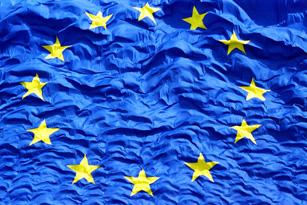
The COVID-19 crisis and Russia's military aggression against Ukraine show the threats and challenges that disinformation poses to our societies. The Code's current and prospective signatories are heavily involved in taking urgent action to limit disinformation related to the war in Ukraine. The lessons learnt are informing the work on the Code and are helping shape important actions needed to face this unprecedented disinformation wave. Thus, current and prospective signatories of the Code informed the Commission that they will need additional time to finalise the Code's revision. Věra Jourová, Vice-President for Values and Transparency, said: “Disinformation related to the war in Ukraine shows that online platforms remain in the frontline. Pro-Kremlin outlets do not deserve to benefit from the powerful tools offered by the platforms to spread their war lies and disinformation. But they will not stop trying. This is why we need sustainable solutions respecting fundamental rights. I count on the signatories to finalise the revision of the Code swiftly that will put in place effective and transparent measures.” Thierry Breton, Commissioner for Internal Market, added: “We appreciate the signatories' efforts to quickly respond to the challenges of pro-Kremlin disinformation and expect them to take on board the lessons learned. With such issues at stake, the Code must live up to high expectations and, together with the Digital Services Act, become a strong tool for mitigating the risks of disinformation.” With coronavirus-related disinformation remaining a focus, the Commission also publishes today the COVID-19 Monitoring program reports on actions taken by TikTok, Twitter, Meta, and Microsoft in January and February 2022. Responding to the Commission's request, Meta now reports on Facebook and Instagram actions separately, showing that visits to online COVID-19 information centers between January and February have halved. Microsoft set up a tracker that identifies websites publishing COVID-19 disinformation in the world and is active in France, Germany and Italy for Europe. Done in partnership with Newsguard, the tracker identified 547 such websites globally since February. TikTok reports that videos with COVID-19 and vaccines tags have almost halved between January and February, in conjunction with the lifting of restrictions in the EU. Twitter reported that in January it extended its feature for reporting misinformation to Spain, therefore making it available in six countries in total.
Details
- Publication date
- 31 March 2022
- Author
- Directorate-General for Neighbourhood and Enlargement Negotiations
